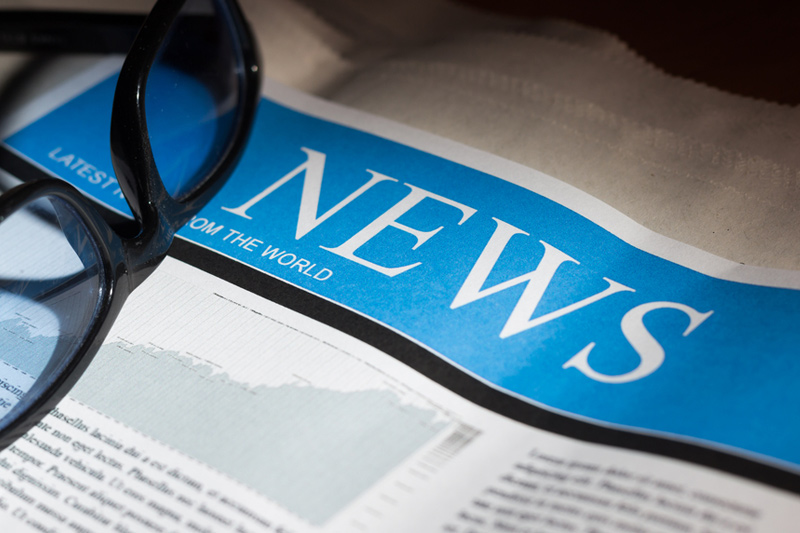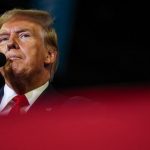
NEW YORK (Reuters) -Donald Trump will become the first former U.S. president to stand trial on criminal charges after a New York judge on Thursday set a March 25 trial date and denied his request to dismiss the case, which stems from hush money paid to a porn star.
Justice Juan Merchan’s ruling during a testy hearing in Manhattan means that Trump will stand trial in at least one of the four criminal cases he faces as he pursues the Republican nomination to challenge Democratic President Joe Biden in the Nov. 5 U.S. election.
Trump, 77, had asked Merchan to toss the 34-count felony indictment, which charges him with falsifying business records to cover up the $130,000 payment to porn star Stormy Daniels before the 2016 election. Merchan took less than 10 minutes to deny Trump’s request and confirm the trial date.
Merchan said the trial could last five or six weeks, ending in late April or early May. Trump has pleaded not guilty to the charges brought by Manhattan District Attorney Alvin Bragg, a Democrat.
A guilty verdict would not prevent Trump from running for president or taking office, even if incarcerated. But Reuters/Ipsos polling has found a conviction could erode his support among voters.
Trump attended the hearing, sitting next to his lawyers at the defense table and occasionally conferring with them.
Afterward, Trump repeated his claim that the case is politically motivated.
“They want to keep me nice and busy so I can’t campaign,” Trump said.
‘SEE YOU ON MARCH 25’
Trump’s lawyer Todd Blanche told the judge during the hearing that it would not be fair for him to stand trial while running for president.
“It should not happen in this country,” Blanche said.
Merchan responded, “That’s not a legal argument. I’ll see you on March 25.”
Blanche said he might try to move the trial out of Manhattan, where Trump is likely to face a liberal-leaning jury pool.
A handful of protesters held signs denouncing Trump and shouted “no dictators in the U.S.A.” outside the courthouse.
The case centers on former Trump lawyer Michael Cohen’s $130,000 payment to Daniels – whose real name is Stephanie Clifford – to prevent her from publicly speaking ahead of the 2016 election about a sexual encounter she has said she had with Trump a decade earlier. Trump has denied this occurred.
Cohen pleaded guilty in 2018 to violating federal campaign finance laws and served time in prison.
The trial is set to start before any of Trump’s three other criminal cases. The case is widely seen as less consequential than the others, as it concerns Trump’s conduct before he took office rather than actions he took during and after his presidency that concerned national security and the nation’s democratic system.
Bragg has said Trump’s actions undermined the integrity of the 2016 election, as Trump was trying to cover up information that might have cost him votes.
Trump may effectively have wrapped up the Republican nomination by the time the trial is scheduled to start. He has won the first four state nominating contests, and dozens more will have taken place before the trial date.
Opinion polls show Trump holding a wide lead over his lone remaining primary challenger, Nikki Haley, and effectively tied with Biden. But one in four Republicans and about half of independent voters have indicated they would not vote for Trump if he is convicted in any of his criminal cases, a Reuters/Ipsos poll showed on Tuesday.
IN GEORGIA, ANOTHER HEARING
Trump’s political and legal calendars are increasingly overlapping ahead of his expected rematch with Biden, who defeated him in the 2020 election.
In a separate court hearing on Thursday, Trump’s lawyers asked a Georgia judge to disqualify the prosecutor who charged him and several allies with crimes involving trying to overturn his 2020 election loss in the state. The prosecutor, Fani Willis, has admitted to a romantic relationship with a lawyer on her team.
Trump also faces federal charges in Washington over his efforts to overturn his election loss and in Florida over his handling of classified documents after leaving office. Trump has pleaded not guilty in every case.
Trump, who has pushed to delay his criminal trials until after the November election, would have the power to dismiss the two federal cases if he were to return to the presidency. Trump would not have the authority to pardon himself if convicted on the state charges in New York or to derail the Georgia state prosecution.
Prosecutors in the hush money case have said Trump’s New York-based family real estate company recorded his 2017 reimbursements to Cohen as legal expenses, violating a state law against falsifying business records to conceal another crime. They have said Trump was seeking to cover up federal campaign finance law violations as well as violations of a state law that prohibits promoting a candidacy by unlawful means.
Trump lawyers have argued that he should not face state charges for alleged violations of federal election law. Bragg’s office has said the state law that penalizes falsifying business records applies to both federal and state elections.
To read the full article, Click Here

